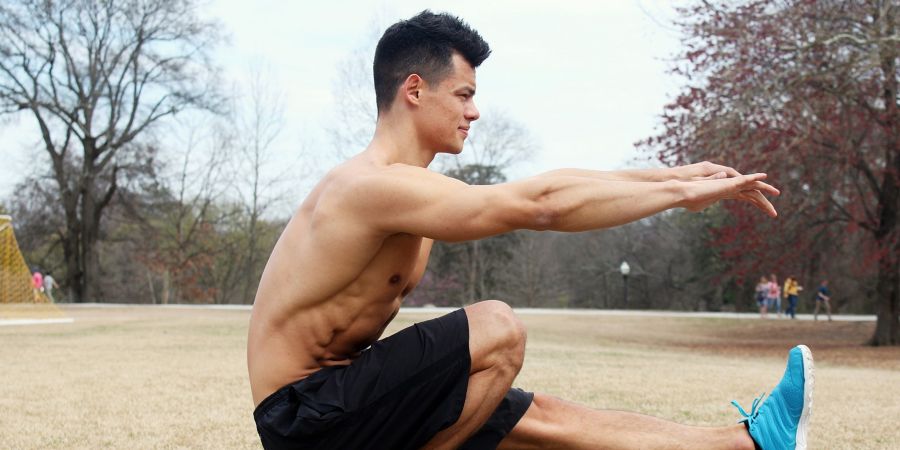

Exercise can feel like a chore at times, particularly when we are constantly told that we need to exercise more. However, we must rise and begin moving. Many of us spend too much time sitting and staring at screens. The majority of teen girls do not meet the recommended levels of physical activity. Being chastised for it, on the other hand, isn't going to help. That's a shame, since exercise can be both enjoyable and beneficial to the body and mind. Of course, exercise is beneficial to your muscles. It is, however, beneficial to your bones. Tweens and teens will strengthen their skeletons by exercising (and getting plenty of sleep). Teenagers who exercise develop stronger bones as adults.
Daily movement is also beneficial to the brain. Exercise can improve the amount of oxygen and blood delivered to the brain, as well as the structure of the brain. Working out may cause our bodies to create chemicals that can help us avoid depression. After learning something, a workout will help us shape and maintain memories. Even our intestinal bacteria enjoy a healthy workout! So maybe it’s no surprise that so many scientists study exercise. There are scientists, for instance, who study what makes winning runners so fast. Others study running lizards and astronauts in space to find out how to keep humans healthy both on and off planet Earth. And some study the science of sports themselves, trying to figure out what makes an athlete stick the perfect landing. After discovering something different, people who exercised vigorously for a half hour reinforced their memories. But there's a catch: you have to wait four hours before getting your heart racing. Adolescents must remain healthy and get enough sleep to build strong bones for life. Microbes in the body adapt to exercise, according to technology. This helps scientists figure out why those microbes are beneficial to athletes' health.
Calorie counters can be found all over the place. They can be found on restaurant menus, milk cartons, and baby carrot bags. Stacks of items with vivid and cheerful "low-calorie" claims are shown in grocery stores. Calories aren't a component of your diet. They are, however, essential for knowing what you are eating. On food labels, the word calorie stands for kilocalorie. The amount of energy required to increase the temperature of one kilogramme (2.2 pounds) of water by one degree Celsius is measured in kilocalories (1.8 degrees Fahrenheit).
This is how fitness and eating healthy can increase your profit!












